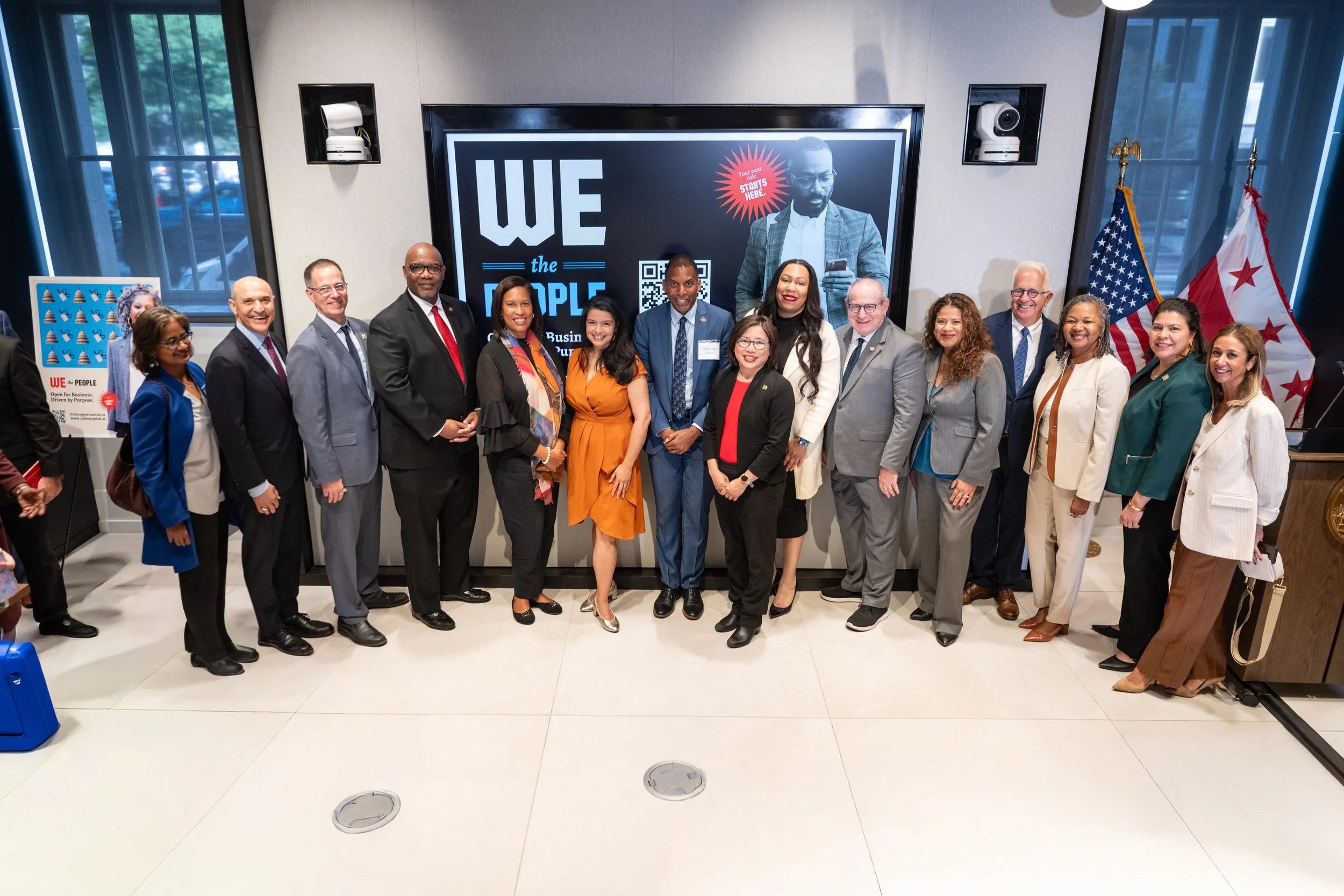Category
- 2023 events
- 2024 events
- 50th Anniversary
- Arts
- Brilliant Futures
- Children's Opportunity
- Children's Savings Pilot
- Children's Trust Accounts
- Community Leadership
- Community Resilience
- Community Safety
- Corporate Philanthropy
- Covid-19
- DC
- DMV Community Book Group
- Donor Profile
- ELIF
- Economic Mobility
- Ending Homelessness
- Funding Opportunities
- General News
- Giving
- Greater Washington Works
- Guaranteed Income
- Health Equity
- Impact Stories
- Legacy
- Maternal Health
- Montgomery County
- Newsletter
- Newsroom
- Next Generation
- Nonprofit Endowment
- Nonprofits
- Northern Virginia
- Press Releases
- Prince George's County
- RFP Updates
- Racial Justice
- Reimagine
- Resilience Fund
- Scholarships
- Sharing Community Fund
- Tonia
- VoicesDMV
- Workforce Development
- Workforce Development Col
- board








